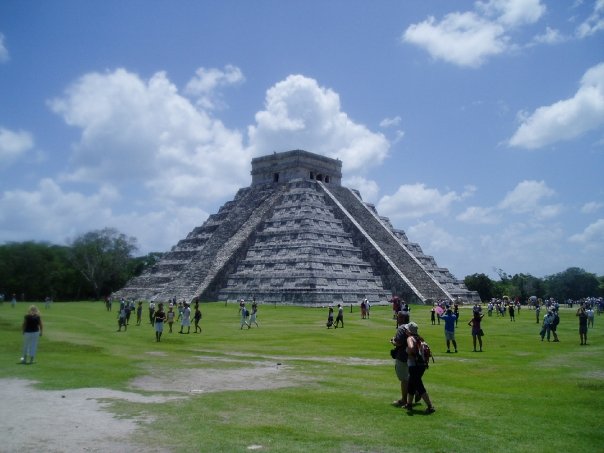One of the purposes of government is to protect the populace from the small percentage of the people that would do them harm. They need a method of determining what is lawful and what is not, the philosophy of enforcing the law to protect the people from theft, fraud, and the like. The fear of punishment, reformation programs, and the punishment itself will reduce, if not eliminate, crime rates.
In a world where magic is real, this represents a particular complexity. Is necromancy legal? If not, what is the penalty? If someone casts a necromantic healing spell, are they really going to be punished? What about conjuration? Is summoning an elemental the same as summoning a demon? If you conjure an angel, but they punish someone by killing them without trial, who’s responsible?
The temptation is to either have no regulation, so you don’t have to deal with it, or make all magic illegal so you don’t have to deal with it. But think about how we deal with drugs in the real world. Some drugs are completely illegal, some only available with a prescription, some available with little restriction, and finally some that you can only buy in small quantities or controlled doses. Even killing people is handled using a galaxy of laws, including distinctions between accidental deaths, premeditated murder, and justifiable homicide. Using a nuanced approach to magic can make things much more interesting than blunt “no spells allowed” signs.
In Myos, for example, Necromancy is illegal and even being a Necromancer will lead to exile or imprisonment. Alchemy used to be illegal, but is now legal except for building constructs like golems. Druidry, Herbalism, and Elementalism are unrestricted. Some arcana, like Divination, can only be used by members of the Order.
Remember, if there isn’t a law against it, it’s legal. People can become experts in finding and exploiting those loopholes. This can lead to interesting twists in your setting and plot. For example, perhaps you have a character that casts spells in a completely different manner than is typical. They could use magic to create zombies, but they are using magic other than Necromancy, so it’s technically not illegal. Maybe they have magical devices that do the casting, so they’re not technically casting spells.
Don’t be afraid to put in some rules that seemingly make no sense. In the Pathfinder setting, for example, there are more evil Abjuration spells than evil Necromancy spells. That fact may mean that Abjuration and Necromancy are both banned in the area. Myos used to be a magocracy and the wizards hated anyone using magic that wasn’t a trained spellcaster. So, all magical items were confiscated and destroyed within their borders. Alchemy was banned for the same reason. Weirdly, Necromancy and Conjuration were unrestricted in those days, as they were considered respectable paths to magical power.
Another thing to worry about is how to deal with magical crimes. If invisibility is fairly common, why aren’t invisible thieves robbing everyone blind? If people can teleport, how do you keep them in jail? What’s to stop really powerful people with magic from becoming effectively above the law? How do you stop the voyeurs using crystal balls?
As with everything, developing your legal system and dealing with magic can lead you down some long and deep rabbit holes. After all, Tolkien didn’t put any sort of legal structure on what wizards can do. Some settings that do a great job of dealing with legalities and magic include the Lightbringer series by Brent Weeks, the Dresden Files by Jim Butcher, and even the Song of Ice and Fire series by George R. R. Martin. Of course, this is a focus for my books, as well.
Thanks for reading. Next week, I’ll be dealing with the effects of religion on government. See you next Sunday.


